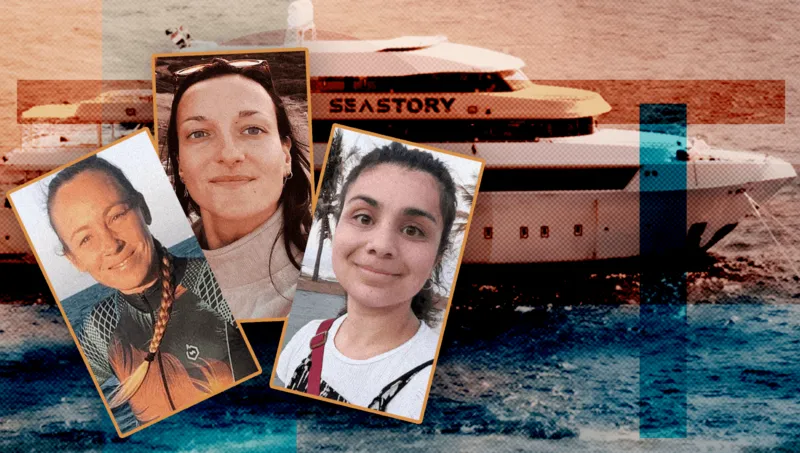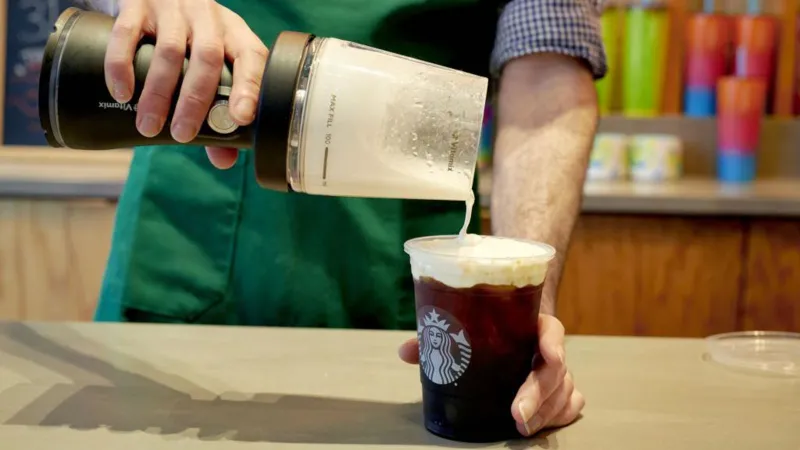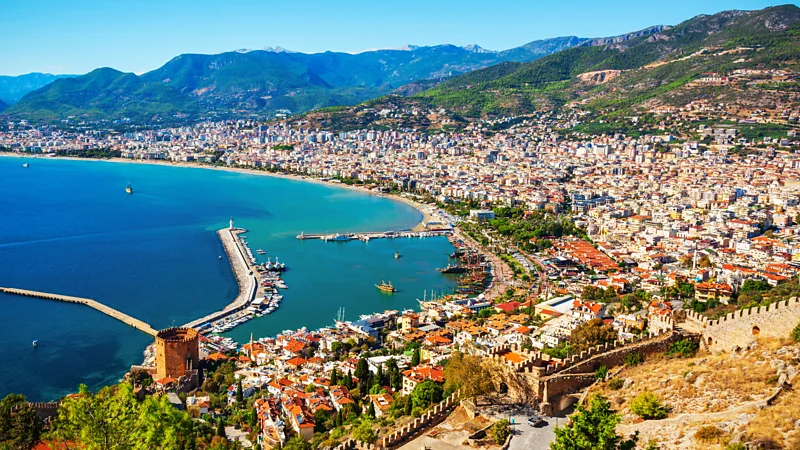Entertainment
Citizenship sales, land creation and legal battles: How small islands are confronting existential climate threat

From erecting seawalls to selling citizenship, vulnerable small islands are taking sometimes drastic measures to protect themselves from rising seas, storms and economic devastation.
For decades now, scientists have been warning that without action to combat emissions, some low-lying islands will literally disappear beneath the waves. Many others will become uninhabitable as extreme weather increasingly batters their coastlines.
As the world edges closer to a long-term average of 1.5C warming, these warnings are becoming a seriously imminent prospect for some island nations. Five islets in the Solomon Islands, a nation of hundreds of islands in the South Pacific, have already been completely lost to sea level rise. And many small island developing states are seeing substantial annual economic losses due to coastal floods. By 2050, coastal flooding is set to triple across these nations, increasing annual economic damages by nine to 11 times.
Small islands have become a strong voice in international forums, pushing for more ambitious climate policies to curb global temperature rise, and were key to the 2015 Paris Agreement to pursue efforts to limit temperature rise to 1.5C. But they are increasingly facing some stark choices about how to physically stay above the waves, as well as in their diplomatic pushes for money to weather an increasingly uncertain climate.
Speaking at the closing plenary of COP29 in Baku, Azerbaijan, Toeolesulusulu Cedric Schuster, the Samoan chair of the Alliance of Small Island States (Aosis), told delegates that “time is not on our side” and urged them to implement ambitious climate plans. “[We] cannot do this alone,” he said, adding that small islands required “transformational change” in access to climate finance. (Read more about the trillion-dollar climate puzzle that’s become a diplomatic nightmare).
From reclaiming land from the sea to selling citizenship, the BBC looks at some of the measures already being taken to save these low-lying nations.
Entertainment
Trapped in the dark for 35 hours – Red Sea dive-boat survivors tell of terrifying escapes

“By the end, I was just wondering how I would prefer to die.”
Spending 35 hours trapped in a pitch-black air pocket in the upturned hull of a boat has taken its toll on Lucianna Galetta, her voice cracking as she recounts her ordeal.
A video she managed to film briefly using the light on her phone, now shared with the BBC, shows the space where she thought her life might end – and how surging sea water and floating debris prevented her escape
Entertainment
Buy something or leave, Starbucks says

Starbucks says it is reversing rules for its cafes in North America that allowed people to use their facilities even if they had not bought anything.
The changes, which are set to come into force from 27 January, are a U-turn from a policy introduced six years ago that allowed people to linger in Starbucks outlets and use their toilets without making a purchase.
The move is part of the “back to Starbucks” strategy – a plan announced by the firm’s new boss as he tries to tackle flagging sales.
The world’s biggest coffee chain says its new code of conduct – which also addresses harassment and bans smoking and outside alcohol – aims to make its stores more welcoming.
“Implementing a Coffeehouse Code of Conduct… is a practical step that helps us prioritise our paying customers who want to sit and enjoy our cafes”, a Starbucks spokesperson told BBC News.
“These updates are part of a broader set of changes we are making to enhance the cafe experience as we work to get back to Starbucks.”
The company said the new rules will be displayed at every store and staff will be instructed to ask anyone who violates the code of conduct to leave. That includes allowing employees to call the police when necessary.
In 2018, Starbucks decided to allow free access to its coffee shops and toilets after the controversial arrest of two men at one of its Philadelphia cafes.
Other changes set to be introduced later this month include offering one free refill of hot or iced coffee for customers who buy a drink to consume on the premises.
Starbucks has been trying to boost flagging sales as it grappled with a backlash to price increases and boycotts sparked by the Israel-Gaza war.
Brian Niccol, who previously headed the Mexican food chain Chipotle, was brought into Starbucks last year to help turn the business around.
Mr Niccol has been trying to improve the customer experience at Starbucks’ cafes by revamping its menus and coffee shops.
Starbucks said the policy change only applied to North America and not its UK stores.
However, it has not yet responded to requests for comment on the details of its UK policy.
Entertainment
A Turkish film and TV star’s guide to Antalya, Turkey

Actor Ekin Koç called seaside Antalya home before conquering the world of Turkish film. Here are his picks, from hiking the Lycian Road to catching a concert at the Aspendos Theatre.
Though its name may be less familiar to overseas travellers than Istanbul, the Turkish resort city of Antalya is no stranger to visitors. Founded by the Ancient Greeks as Attalia in the 2nd Century BCE, Antalya has since been occupied by the Romans, the Seljuk Sultanate and the Ottomans; even withstanding a brief Italian occupation after World War One before Turkey claimed independence. Today, Antalya – the crowning jewel of the Turkish Riviera and, along with Istanbul, one of the world’s most visited cities in 2023 – attracts both families and A-list celebrities with its 2,000-year-old Old Town and stunning turquoise waters.
Sometimes, the celebrity strolling Antalya’s spectacular seashore is actually a native. We caught up with Antalya-born film star Ekin Koç (best known to English-speaking audiences as Turkish business advisor Kadir in HBO’s Succession) to get his take on his beautiful hometown, studded by the Taurus mountains and cradled by the Mediterranean sea.
“If you’re from Antalya, you have a special connection with the sea,” says Koç. “The sea is everywhere. We eat from the sea, we swim, we sit next to the sea. I’ve always loved being in connection with the sea.”
-

 Entertainment6 months ago
Entertainment6 months agoEarthquake scientists are learning warning signs of ‘The Big One.’ When should they tell the public?
-

 International6 months ago
International6 months agoTarar accuses Imran Khan of conspiring with Faiz Hameed to destabilise Pakistan
-

 International4 months ago
International4 months agoPTI Announces Not to Boycott New Committees
-

 Business4 months ago
Business4 months agoMajor Corruption Scandal Uncovered at WASA Multan: Rs1.5 Billion Embezzlement Exposed
-

 Business6 months ago
Business6 months agoThe Impact of QR Codes on Traditional Advertising
-

 Business3 months ago
Business3 months agoHigh Court Blocks MDCAT Merit List Amid Controversy Over Exam Error
-

 Business6 months ago
Business6 months agoThe Benefits and Problems of International Trade in the Context of Global Crisis
-

 Business5 months ago
Business5 months agoFraud by Pakistani Firm Sparks Outrage in Business Community; Concerns Rise Over International Investment






